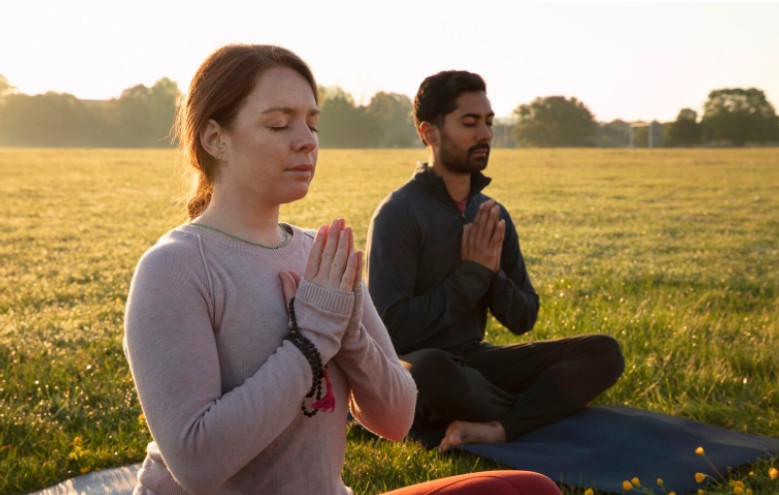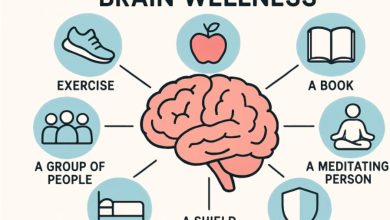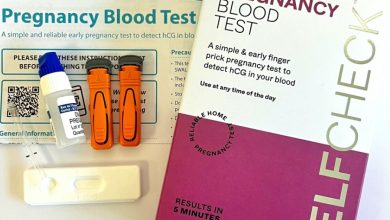7 Healing Practices That Promote Rest and Recovery

The world has become so fast-paced that rest now feels like a luxury instead of a necessity. But without proper rest, you can’t recover and repair your body, leaving you more vulnerable to stress, burnout, and illness. Healing practices aren’t limited to spa days or self-indulgence. They call for creating space for your body and mind to reset. From ancient traditions to modern wellness products, there are plenty of ways to encourage rest and recovery in your daily life. Let’s explore seven such practices.
1. Mindful Breathing and Meditation
The simplest healing practices often have the most profound impact. Mindful breathing helps show your heart rate, calm your nervous system, and shift your body from fight-or-flight mode to a relaxed state. Even a few minutes of deep breathing or meditation can help reduce tension in your body. Meditation apps, music, or simple breathing techniques can easily be added to your busy schedule. Over time, these practices will train your body to find calm even in stressful environments.
2. Gentle Movement
Rest and movement may sound like opposites, but gentle physical activity is essential for recovery. Practices like yoga, tai chi, and stretching improve circulation, reduce muscle tightness, and release tension stored in your body. Unlike intense workouts, these gentler exercises promote better rest without much strain.
3. Plant-Based Healing
A lot of people today are exploring plant-based wellness approaches. Herbal teas promote rest, while supplements support relaxation and stress management. Hemp-derived cannabinoids are also part of this space. Products like Delta 8 THC online are increasingly used by people seeking a gentle way to reduce stress, ease pain, and promote restful sleep.
4. Quality Sleep
Sleep is one of the most crucial things for both mental and physical recovery, but it’s often undervalued. During deep sleep, your body repairs tissues, consolidates memories, and regulates hormones. It’s why poor sleep aggravates pain, stress, and fatigue. You can create a sleep-friendly environment by using blackout curtains, limiting screen time before bed, or trying calming aids like herbal teas.
5. Healthy Nutrition
Recovery needs fuel, which means you need to give your body nutrients that support health. Anti-inflammatory foods like leafy greens, fatty fish, berries, and whole grains can help reduce discomfort and support your immune system.
Hydration is equally important since even mild dehydration can disrupt sleep and worsen fatigue. Without proper nutrition in your body, your mind also suffers, making rest and recovery almost impossible to maintain.
6. Hydrotherapy
Water-based therapies have been a part of healing traditions for centuries. Warm baths or saunas help muscles relax and boost circulation. Using hot or cold showers to reduce inflammation also speeds up recovery from minor injuries. For deeper relaxation, hydrotherapy pools can restore balance to the nervous system. These simple methods ask for minimal effort but can have significant positive effects.
7. Digital Detox
Modern lifestyle overloads the brain with constant notifications, screen time, and digital noise. Taking intentional breaks from technology helps reduce stress and mental fatigue. During a digital detox, you can try journaling, walking in nature, or indulging in creative hobbies. It gives your brain space to recharge.
Conclusion
True rest isn’t just about slowing down; it’s about intentionally creating space for healing, renewal, and balance. In a world that constantly demands more, these seven practices remind us that recovery is not a luxury, but a vital part of sustainable wellness. Whether through mindful breathing, nourishing foods, or digital breaks, each approach offers a chance to reconnect with your body’s natural rhythms. By embracing rest as a daily ritual, you empower yourself to thrive, not just survive in today’s fast-paced world.



